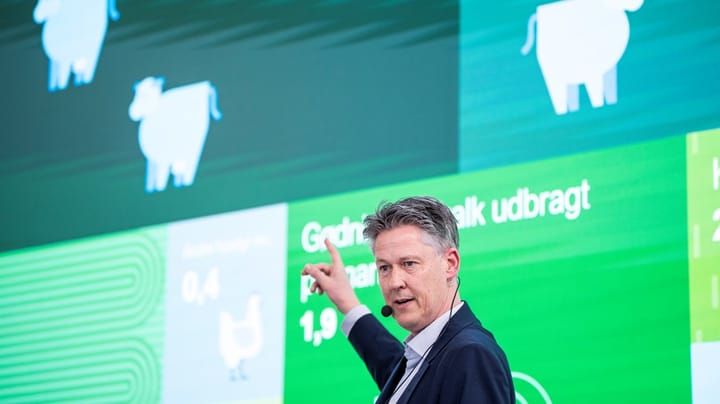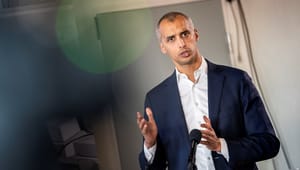Voksende interesse for velfærdsteknologi i Brasilien
DEBAT: Den brasilianske befolkning efterspørger bedre sundhedsydelser og mere velfærdsteknologi. Men skal det lykkes, bliver Brasilien nødt til at tage ved lære af andre landes erfaringer. Blandt andre Danmarks. Det skriver brasilianeren Fernando Cembranelli, der er grundlægger af it-platformen EmprendeerSaude.

Af Fernando Cembranelli
Læge og grundlægger af it-platformen EmprendeerSaude
Welfare technology in Brazil is an interesting topic.
The first thing to notice is that in Brazil 25 percent of the population is treated by the private health insurance and 75 percent of the population is treated by the public healthcare system, also known as, Sistema Unico de Saude (SUS).
In the current scenario, there are insufficient funds for the public healthcare system and the private health system emphasizes mainly what is covered by the health insurances. Therefore, financing is the biggest barrier for the further development of welfare technology in Brazil, for which consumers will have to pay out of their pockets in most of the cases.
In addition to that, basic welfare technologies in Brazil, such as telemedicine don’t have a clear regulation and it’s also illegal for a physician to treat a patient using telemedicine. However, physicians can use telemedicine to ask for the support of other more specialized physicians. This is a specially valuable resource when the primary care physicians are in remote areas, which is very frequent for a country as big as Brazil.
Growing interest in welfare technology
Despite of that, there is a growing interest from the Brazilian society to use more welfare technologies and there is a new wave of healthcare entrepreneurs, such as the Switzerland Immo Oliver Paul, who are investing in the creation of new companies related to this area.
It’s crucial for Brazil to learn more from the experiences from other countries such as Denmark, to understand how to better use welfare technologies and how to create the necessary legislation that protects the patients.
Fernando Cembranelli
Grundlægger, EmpreenderSaude
For them, funding is a major issue, as there is very few venture capital money interested in investing in welfare technology, rather than the next successful app. Despite of that, government funding, such as FINEP, FAPESP and BNDES can be an excellent source of capital, if the entrepreneur has a promising technology and the right connections.
However, the Brazilian healthcare leaders are not satisfied with this current scenario and at the Agencia Nacional de Saude Suplementar (ANS), the body that regulates the private Health Insurance, one of the ongoing discussions is how to make private health insurance to incorporate health technology more rapidly?
Crucial to learn from other countries
Under the public healthcare system, telemedicine is seen as the big promise, and multinational businesses such as CISCO are growing its footprint on this growing market, as there is strong popular pressure to deliver better healthcare throughout Brazil.
At last, it’s crucial for Brazil to learn more with the experiences from other countries such as Denmark, to understand how to better use welfare technologies and how to create the necessary legislation that protects the patients, but allow the health technologies to advance.








